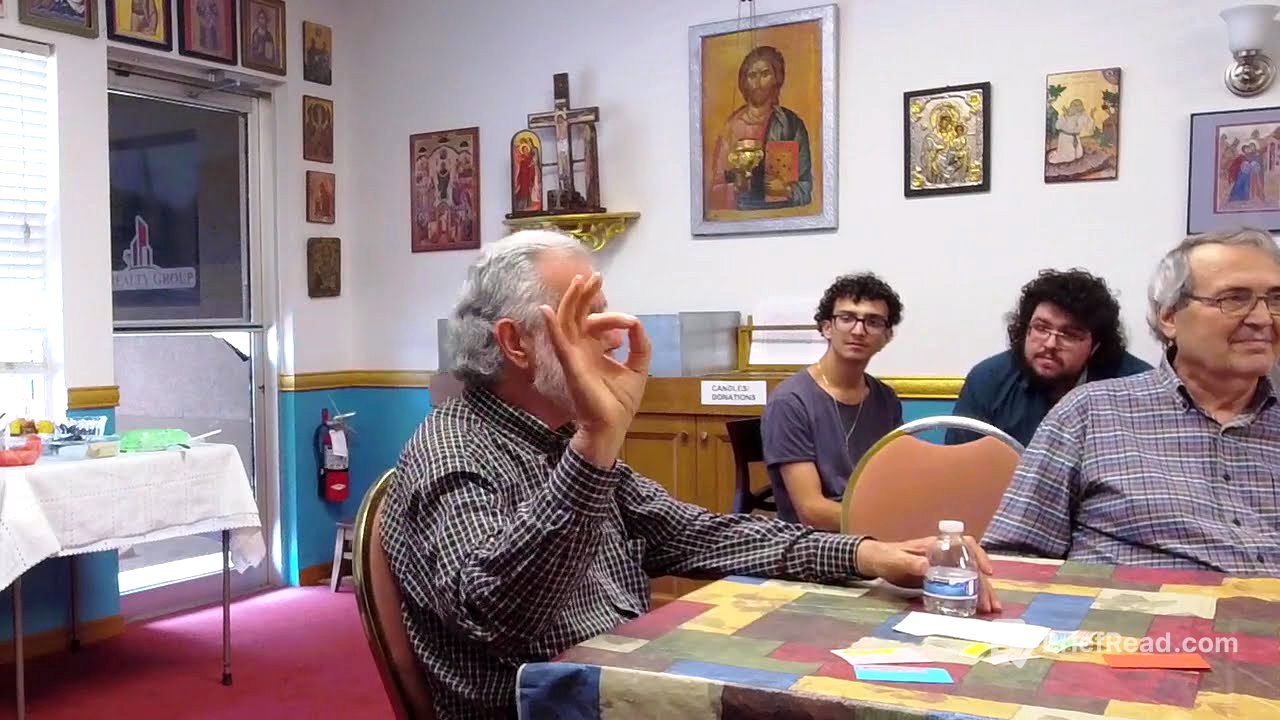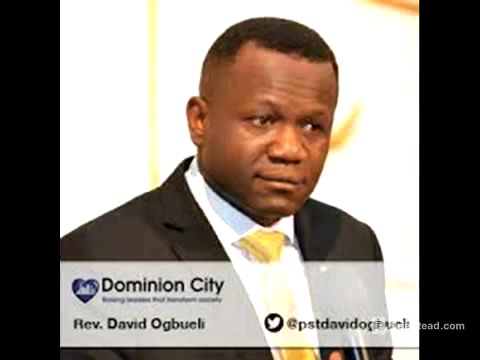TLDR;
This video features a Q&A session addressing various theological and practical questions related to Orthodox Christianity. Key topics include obedience to church leaders, the fear of death, the nature of sin, dealing with personal struggles like envy, and the Church's stance on homosexuality. The speaker emphasizes the importance of adhering to the Gospel, the teachings of the Saints, and the need for love, discretion, and personal effort in spiritual growth.
- Obedience to God over man when directives contradict the Gospel.
- Death is an enemy, overcome by Christ's sacrifice, but preparation through confession and forgiveness is crucial.
- Envy is a destructive passion countered by praying for blessings upon those envied.
- Homosexuality is treated as a passion needing healing, with a distinction between humble individuals seeking help and those promoting the lifestyle.
- The Virgin Mary's unique role and intercession in the lives of believers.
Obedience to Church Leaders [0:15]
The discussion begins with a question about obedience to priests or bishops who may not be following the traditions of the Church. The speaker clarifies that obedience is due when directives align with the Gospel and the consensus of the Saints throughout history. However, when a directive clearly contradicts the Commandments, one should obey God rather than man. He uses examples of saints who refused to pray with non-Orthodox Christians to illustrate this point. Discretion is advised when disagreeing with church leaders, suggesting private discussion rather than public rebellion.
Overcoming the Fear of Death [6:45]
The fear of death is addressed as a natural human response, as humans were created for eternal life, and death is an enemy. Christ's death transcended death, offering a path from death to life. However, fear often persists if one's heart is not purified before death. Confession, struggling with passions, and forgiving others are essential preparations. The speaker stresses the importance of daily spiritual readiness, as the time of death is unknown.
Original Sin vs. Ancestral Sin [8:30]
The speaker is asked to explain the difference between original sin and ancestral sin. He acknowledges the difference but declines to provide a detailed explanation at that moment due to fatigue. Later in the video, he explains that the Orthodox Church believes that babies are born pure, inheriting the illness of human nature from their progenitors but not the guilt of Adam and Eve.
Lessons from Elder Athanasius [8:51]
The speaker shares his greatest lesson learned from Elder Athanasius, emphasizing his incredible love for Christ and the Word of God. Elder Athanasius would spend hours preparing sermons, delivering them with remarkable clarity and vocabulary. The speaker also recommends a book by Father Emanuel Wasak, "Christ is Fallen," as an excellent resource for theology. He mentions that Anthony, Father Emanuel's son, is translating Elder Athanasius's Sunday sermons, providing a valuable resource for others.
Cultivating Love for Christ [12:00]
When asked about cultivating a burning love for Christ, the speaker suggests prayer, reading the scriptures, activating baptism, going to confession, following the Commandments, helping the poor, and forgiving others. He believes there is no specific formula, but consistent effort in these areas allows God to work in one's life. He notes the influx of people, especially young individuals, who desire to love Christ, emphasizing that wanting to love Christ is a good starting point.
Forgiving Enemies [13:57]
Forgiving enemies is presented as essential for salvation. The speaker stresses that without forgiving those who have wronged us, the grace of God remains outside of us. He advises praying for God to instill a ray of His love for that person in our hearts, helping us to forgive and avoid losing our salvation.
Dealing with Envy [15:03]
Envy is described as a destructive passion stemming from pride. It is useless and consumes a person from the inside. To combat envy, one should force themselves to ask God to give more gifts and blessings to the person they envy. This act of going against one's feelings can slowly lead to making amends with that person.
The Church's Stance on Homosexuality [16:49]
The speaker addresses the complex issue of homosexuality within the Church. He emphasizes love and respect for all human beings, avoiding judgment. He distinguishes between the "humble homosexual" who recognizes their condition as a passion needing correction and the "proud homosexual" who promotes the lifestyle. The speaker asserts that the Church views homosexuality as a passion, not a creation of God, and references historical and scriptural contexts, including the condemnation of homosexual acts in the Old Testament. He shares a story of St. Paisios, who offered a compassionate approach to a young man struggling with homosexual feelings, focusing on what he could do rather than what he couldn't. The speaker warns against the "evil homosexual agenda" and its potential harm to society, referencing the high suicide rates among homosexuals and the importance of protecting families from this ideology. He also notes the infiltration of woke ideology in some seminaries, funded by individuals with this agenda.
Persecution at Home [37:24]
When facing persecution at home for one's beliefs, the speaker advises ceasing arguments and treating family members with respect. Following St. Paul's advice, after attempting to reason with someone holding different beliefs once or twice, one should stop arguing and instead pray for them. Demonstrating increased obedience and love can win them over through Christian actions rather than rebellious behavior.
Modern Saints and the Virgin Mary [38:43]
In response to a question about modern-day saints, the speaker notes that while the Orthodox Church in America is relatively young, there are many saints in countries like Greece, Serbia, and Georgia. He emphasizes that God knows the hearts of saints, and they all share the same love. He highlights the Virgin Mary as the greatest saint, incomparable to any other due to her unique and continuous union with God as the bearer of Christ. He encourages listeners to pray to her, as she directs people to her Son and intercedes on their behalf.









